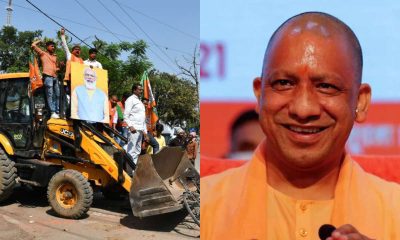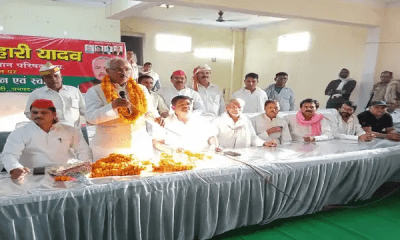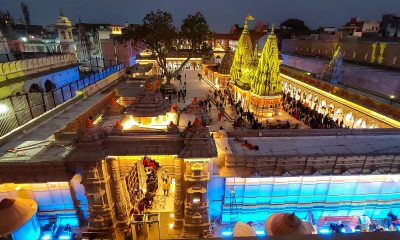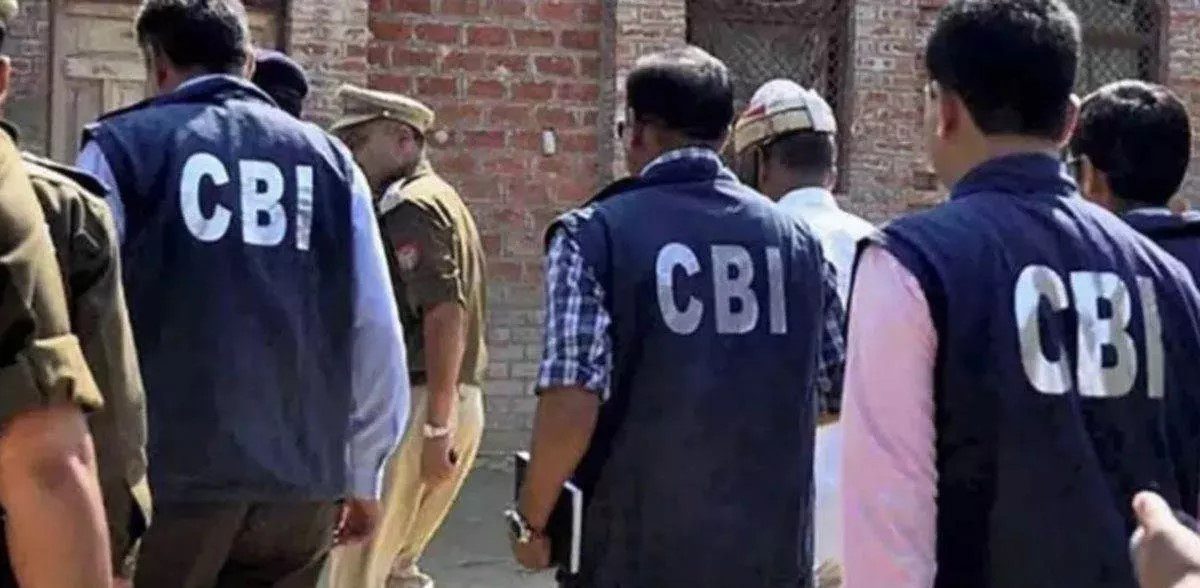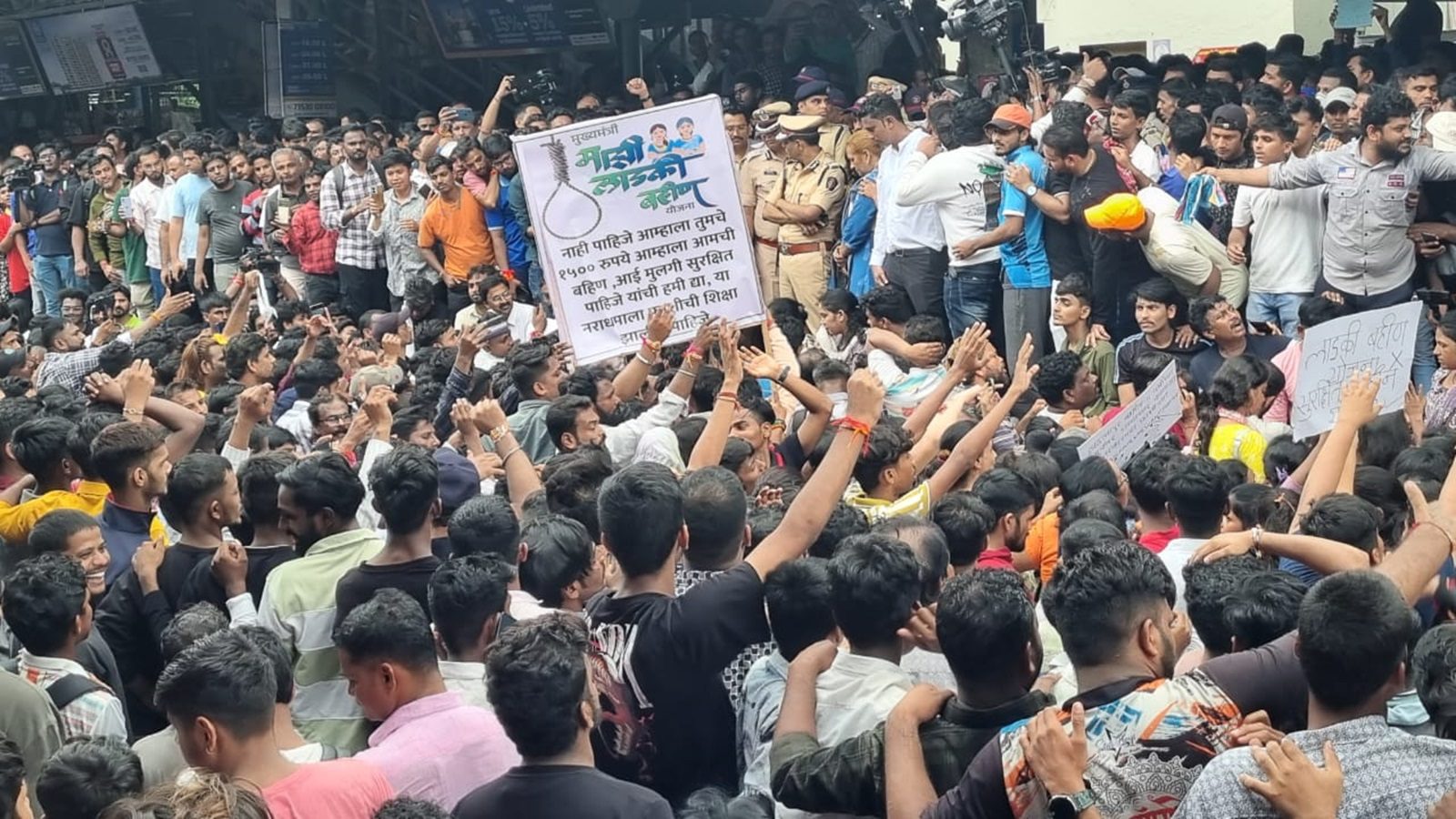Aashwin Shanker, Mumbai Uncensored, 6th July 2021:
As of late, nine people were arrested under Sections 153, 153A, 295A, 120B of the Indian Penal Code 1860, for spreading a bogus and doctored video where purportedly an older Muslim man was being thumped by couple of Hindus and had to recite Jai Shree Ram in the Loni area of Ghaziabad, Uttar Pradesh.
One of those booked, Rana Ayyub asserted that the FIR and the judicial procedures that followed this doctored video were discretionary and intended with the purpose of smothering the ability to speak freely and articulation and to control the privileges of the columnists.
She set forth her cases in an Opinion article in The Washington Post on June 29 named ‘The Indian government continues to harass journalists. I’m facing jail over a tweet.”
Point out that a video having claims particularly ones that can spread mutual disharmony and upset the harmony between two communities which can have repercussions should be confirmed to discover reality in the matter and checked altogether prior to being spread and shared particularly in regions like Loni, such news can easily stir violence.
Journalists and writers these days appear to fail to remember that they can be held liable and are expected to take responsibility for the news they distribute and that they are not resistant if the news can cause viciousness and disrupt public harmony. They need to comprehend the way that getting out bogus words, particularly one that can spread disharmony among general society, is an offense and they can be expected to take responsibility.
No right is absolute, not even Freedom of Speech and Expression. The right to speak freely of discourse and articulation have special cases under Article 19(2).
Article 19(2) States : Nothing in sub clause (a) of clause ( 1 ) shall affect the operation of any existing law, or prevent the State from making any law, in so far as such law imposes reasonable restrictions on the exercise of the right conferred by the said sub clause in the interests of the sovereignty and integrity of India, the security of the State, friendly relations with foreign States, public order, decency or morality or in relation to contempt of court, defamation or incitement to an offence.
In the present case, the video shared by Rana Ayyub not just can possibly upset public harmony but on the other hand is fit for prompting violence in the region.
Moreover, Rana Ayyub has concurred throughout the examination that she didn’t check the “realness” or reality in the video prior to having something very similar. This makes her responsible and liable for the video she distributed and consequently the FIR was enlisted under offenses under Sections 153, 153A, 295A, 120B of the Indian Penal Code 1860.
For a clearer image of the law, how about we examine the phrasings of the segments under which Rana Ayyub and other journalists have been booked.
Section 153 of the Indian Penal Code states- “Wantonly giving provocation with intent to cause riot—if rioting be committed; if not committed.—Whoever malignantly, or wantonly by doing anything which is illegal, gives provocation to any person intending or knowing it to be likely that such provocation will cause the offence of rioting to be committed, shall, if the offence of rioting be committed in consequence of such provocation, be punished with imprisonment of either description for a term which may extend to one year, or with fine, or with both; and if the offence of rioting be not committed, with imprisonment of either description for a term which may extend to six months, or with fine, or with both.”
Similarly Section 153A of the Act prescribes that “Promoting enmity between different groups on ground of religion, race, place of birth, residence, language, etc., and doing acts prejudicial to maintenance of harmony.—(1) Whoever— (a) by words, either spoken or written, or by signs or by visible representations or otherwise, promotes or attempts to promote, on grounds of religion, race, place of birth, residence, language, caste or community or any other ground whatsoever, disharmony or feelings of enmity, hatred or ill will between different religious, racial, language or regional groups or castes or communities, or (b) commits any act which is prejudicial to the maintenance of harmony between different religious, racial, language or regional groups or castes or communities, and which disturbs or is likely to disturb the public tranquility, [or]
(c) organizes any exercise, movement, drill or other similar activity intending that the participants in such activity shall use or be trained to use criminal force or violence or knowing it to be likely that the participants in such activity will use or be trained to use criminal force or violence, or participates in such activity intending to use or be trained to use criminal force or violence or knowing it to be likely that the participants in such activity will use or be trained to use criminal force or violence, against any religious, racial, language or regional group or caste or community and such activity for any reason whatsoever causes or is likely to cause fear or alarm or a feeling of insecurity amongst members of such religious, racial, language or regional group or caste or community,] shall be punished with imprisonment which may extend to three years, or with fine, or with both.
(2) Offence committed in place of worship, etc.—Whoever commits an offence specified in sub-section (1) in any place of worship or in any assembly engaged in the performance of religious worship or religious ceremonies, shall be punished with imprisonment which may extend to five years and shall also be liable to fine.”
Section 295A of the Indian Penal Code states “Deliberate and malicious acts, intended to outrage religious feelings of any class by insulting its religion or religious beliefs.—Whoever, with deliberate and malicious intention of outraging the religious feelings of any class of 7 [citizens of India], 8 [by words, either spoken or written, or or by signs or by visible representations or otherwise], insults or attempts to insult the religion or the religious beliefs of that class, shall be punished with imprisonment of either description for a term which may extend to 9 [three years], or with fine, or with both”.
In the instant case, Rana Ayyub’s false tweet of a doctored video without looking at the truth of the matter or even enquiring about the same shows the intent of the alleged Journalist to spread disharmony and incite violence and feelings of hate between the two communities and this action is duly covered under Section 153 and Section 153A(a) and 153A (b) and Section 295A of the Indian Penal Code 1860.
Rana Ayyub is responsible and liable to investigation for her as the video and her posts have prompted the induction of viciousness and public disharmony in the district and both these fall under the exception of freedom of speech and expression under Article 19(2) of the Indian Constitution.
On the off chance that she feels that she has not submitted an offense, she can deliver confirmation for the equivalent during the enquiry and will be allowed an opportunity to be heard in the preliminary as to the equivalent. Thus, rather than blaming the public authority for checking free discourse, she ought to rather investigate her activities which are in clear infringement of the Indian Penal Code and furthermore fall as special cases with the expectation of complimentary discourse.
Your opportunity closes where the other individual’s starts and individuals of the area of Loni reserve the option to life in a protected climate with nobility and the activities of Rana Ayyub plainly upset both wellbeing and poise of individuals of the locale as she has acted in a way that can possibly affect viciousness in the district.
Rana Ayyub should help the examination as opposed to charging the public authority and the law implementation offices. In a nation run by law and order, this is the least that can be anticipated from journalists, writers and columnists.





 Health2 days ago
Health2 days ago


 Special Editions2 days ago
Special Editions2 days ago


 Special Editions2 days ago
Special Editions2 days ago


 Special Editions3 months ago
Special Editions3 months ago


 Special Editions2 days ago
Special Editions2 days ago

